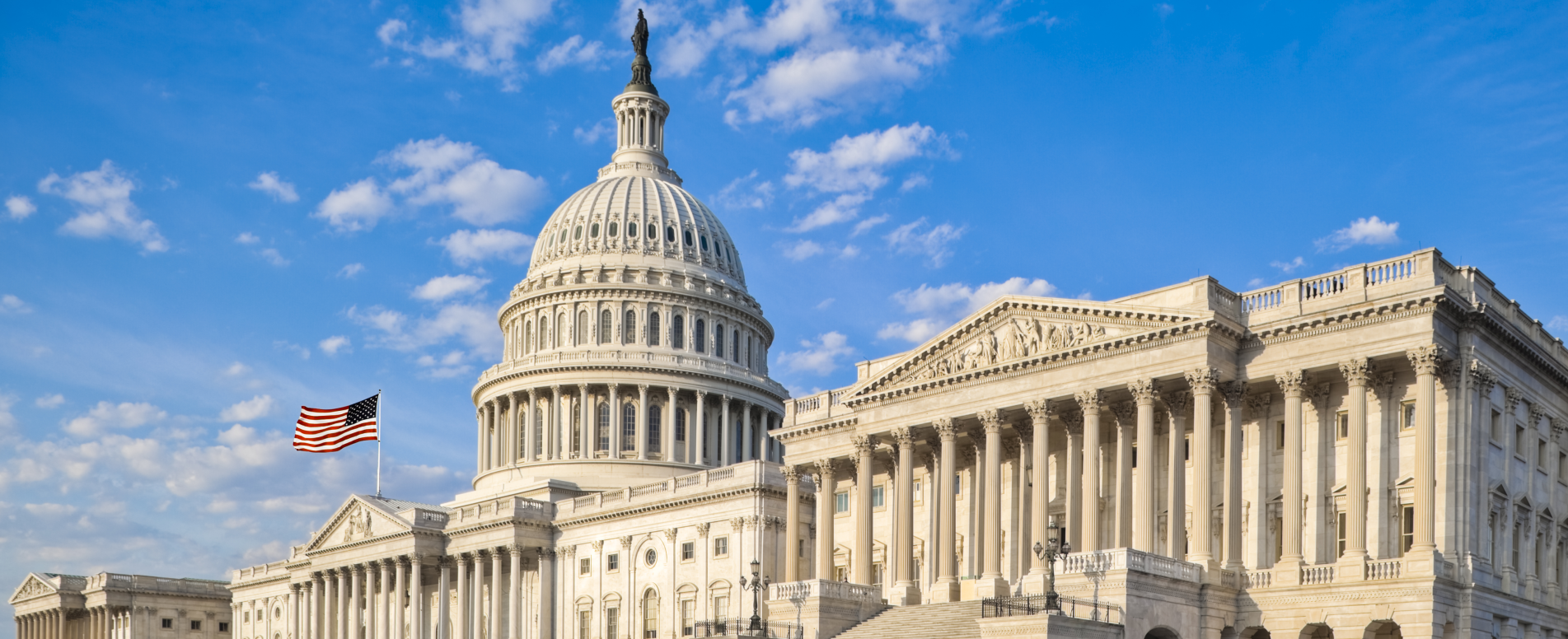Teach the Vote’s Week in Review: June 16, 2017

Date Posted: 6/16/2017
School is out for the summer, but education news keeps churning; here is your weekly wrap-up:
 As we reported extensively last week, Governor Abbott has called a special session to address 20 anticipated issues, a number of which involve your career, your students, your classrooms, and your schools. After five months of fighting hard and ultimately defeating policies that would establish vouchers in a number of different forms and selectively prohibit educators' right to utilize payroll deduction, the Governor is now calling legislators back to Austin to reconsider both issues and encouraging them to act on these issues he considers priorities. He wants legislators to consider these policies while also addressing ways to merely study school finance (despite the existence of bills to overhaul and improve the system), give teachers a $1,000 pay raise (that he doesn't expect the state to put new money towards), and offer administrators more flexibility to hire, fire, and retain teachers (an issue that received little to no discussion during the regular legislative session and on which the Governor has offered no additional information).
As we reported extensively last week, Governor Abbott has called a special session to address 20 anticipated issues, a number of which involve your career, your students, your classrooms, and your schools. After five months of fighting hard and ultimately defeating policies that would establish vouchers in a number of different forms and selectively prohibit educators' right to utilize payroll deduction, the Governor is now calling legislators back to Austin to reconsider both issues and encouraging them to act on these issues he considers priorities. He wants legislators to consider these policies while also addressing ways to merely study school finance (despite the existence of bills to overhaul and improve the system), give teachers a $1,000 pay raise (that he doesn't expect the state to put new money towards), and offer administrators more flexibility to hire, fire, and retain teachers (an issue that received little to no discussion during the regular legislative session and on which the Governor has offered no additional information).Your legislators need to hear from you on all of these special session issues!
 ATPE urges educators and supporters of public education to contact their legislators on all of these issues. Teachers deserve a pay raise, but they deserve a real one - one the state intends to pay for! Students deserve a public school system that is fully funded and not parsed into a system that sends public funds to unaccountable private schools! Educators deserve respect, not to be targeted by policies that seek to suppress their collective voice under the false pretense that payroll deduction costs the state money! ATPE members may visit Advocacy Central to call, tweet, email, and send Facebook messages to representatives and senators on these issues. Your legislators need to hear from you!
ATPE urges educators and supporters of public education to contact their legislators on all of these issues. Teachers deserve a pay raise, but they deserve a real one - one the state intends to pay for! Students deserve a public school system that is fully funded and not parsed into a system that sends public funds to unaccountable private schools! Educators deserve respect, not to be targeted by policies that seek to suppress their collective voice under the false pretense that payroll deduction costs the state money! ATPE members may visit Advocacy Central to call, tweet, email, and send Facebook messages to representatives and senators on these issues. Your legislators need to hear from you!Related content: From the Texas Tribune this week, Ross Ramsey offers analysis on another issue added to the special session call: property tax reform. As the legislature sets to again discuss property tax reform, Ramsey warns property owners not to get too excited. "That does not mean your tax bill is going to get any smaller," he writes. As ATPE has pointed out in the past with a growing chorus of other public education advocates, Ramsey explains how funding public schools at the state level lowers the tax burden on homeowners locally. Read the full piece here.
 This week the U.S. Department of Education (ED) offered initial feedback to three states that have already submitted state plans to implement the Every Student Succeeds Act (ESSA). ESSA replaced the No Child Left Behind (NCLB) Act as the primary federal education law governing education policy for pre-K through grade 12 schools, and each state is required to develop a plan for its own implementation of the new federal law. States must submit their final ESSA plans to the department later this year, but 13 states took the optional opportunity to submit a draft plan in April and get initial feedback from the feds. The department released its initial input for three of those states on Tuesday, which took many by surprise due to the extensiveness of the response. (The Trump administration has said only that it will follow the letter of the law, repealing several regulations established under the Obama administration and not writing any new regulations to more specifically define elements of the law Congress wrote.) Delaware was one of the three states that received initial feedback, and one piece might be of interest to Texas as it continues to write its own ESSA plan (since Texas was not one of the 13 states to submit a plan for initial review). Delaware wanted to include student performance on state math, English, science, and social studies tests as a part of its accountability measures to satisfy federal perimeters, but ED responded that Delaware should rethink the addition of social studies and science. Based on this, it seems ED is interpreting ESSA to say that state accountability systems should only utilize math and English tests as indicators. Texas tests students in all four subjects as well, and our state accountability system currently takes the results of all tests into account. As the Texas Education Agency (TEA) continues to develop Texas's ESSA plan, this could influence decisions made with regard to including student performance targets in science and social studies. Further complicating the discussion, Texas lawmakers considered the elimination of certain social studies exams during the 85th regular legislative session, although no such bill passed. Stakeholders and lawmakers alike were ultimately successful in maintaining the exams based on the concern that what isn't tested, might not remain a focus of classroom learning through textbooks, teaching, etc. How these developments will play into Texas's ESSA plan remain uncertain. A group of ATPE state officers and lobbyists will be in Washington, D.C. next week meeting with ED officials and members of Congress to discuss ESSA and other issues. Stay tuned to Teach the Vote for updates.
This week the U.S. Department of Education (ED) offered initial feedback to three states that have already submitted state plans to implement the Every Student Succeeds Act (ESSA). ESSA replaced the No Child Left Behind (NCLB) Act as the primary federal education law governing education policy for pre-K through grade 12 schools, and each state is required to develop a plan for its own implementation of the new federal law. States must submit their final ESSA plans to the department later this year, but 13 states took the optional opportunity to submit a draft plan in April and get initial feedback from the feds. The department released its initial input for three of those states on Tuesday, which took many by surprise due to the extensiveness of the response. (The Trump administration has said only that it will follow the letter of the law, repealing several regulations established under the Obama administration and not writing any new regulations to more specifically define elements of the law Congress wrote.) Delaware was one of the three states that received initial feedback, and one piece might be of interest to Texas as it continues to write its own ESSA plan (since Texas was not one of the 13 states to submit a plan for initial review). Delaware wanted to include student performance on state math, English, science, and social studies tests as a part of its accountability measures to satisfy federal perimeters, but ED responded that Delaware should rethink the addition of social studies and science. Based on this, it seems ED is interpreting ESSA to say that state accountability systems should only utilize math and English tests as indicators. Texas tests students in all four subjects as well, and our state accountability system currently takes the results of all tests into account. As the Texas Education Agency (TEA) continues to develop Texas's ESSA plan, this could influence decisions made with regard to including student performance targets in science and social studies. Further complicating the discussion, Texas lawmakers considered the elimination of certain social studies exams during the 85th regular legislative session, although no such bill passed. Stakeholders and lawmakers alike were ultimately successful in maintaining the exams based on the concern that what isn't tested, might not remain a focus of classroom learning through textbooks, teaching, etc. How these developments will play into Texas's ESSA plan remain uncertain. A group of ATPE state officers and lobbyists will be in Washington, D.C. next week meeting with ED officials and members of Congress to discuss ESSA and other issues. Stay tuned to Teach the Vote for updates.
CONVERSATION
RECOMMENDED FOR YOU

10/17/2025
Teach the Vote’s Week in Review: Oct. 17, 2025
Special education funding is in peril as the funding lapse is being used to expedite mass firings at multiple agencies, including the U.S. Department of Education and the U.S. Department of Health and Human Services.

10/17/2025
Shutdown chaos deepens: Layoffs, lost oversight, and the future of IDEA
Special education funding is in peril as the funding lapse is being used to expedite mass firings at multiple agencies, including the U.S. Department of Education and the U.S. Department of Health and Human Services.

10/10/2025
Teach the Vote’s Week in Review: Oct. 10, 2025
Learn what’s on the Nov. 4 ballot relating to education, plus how the government shutdown affects Texas public schools.

